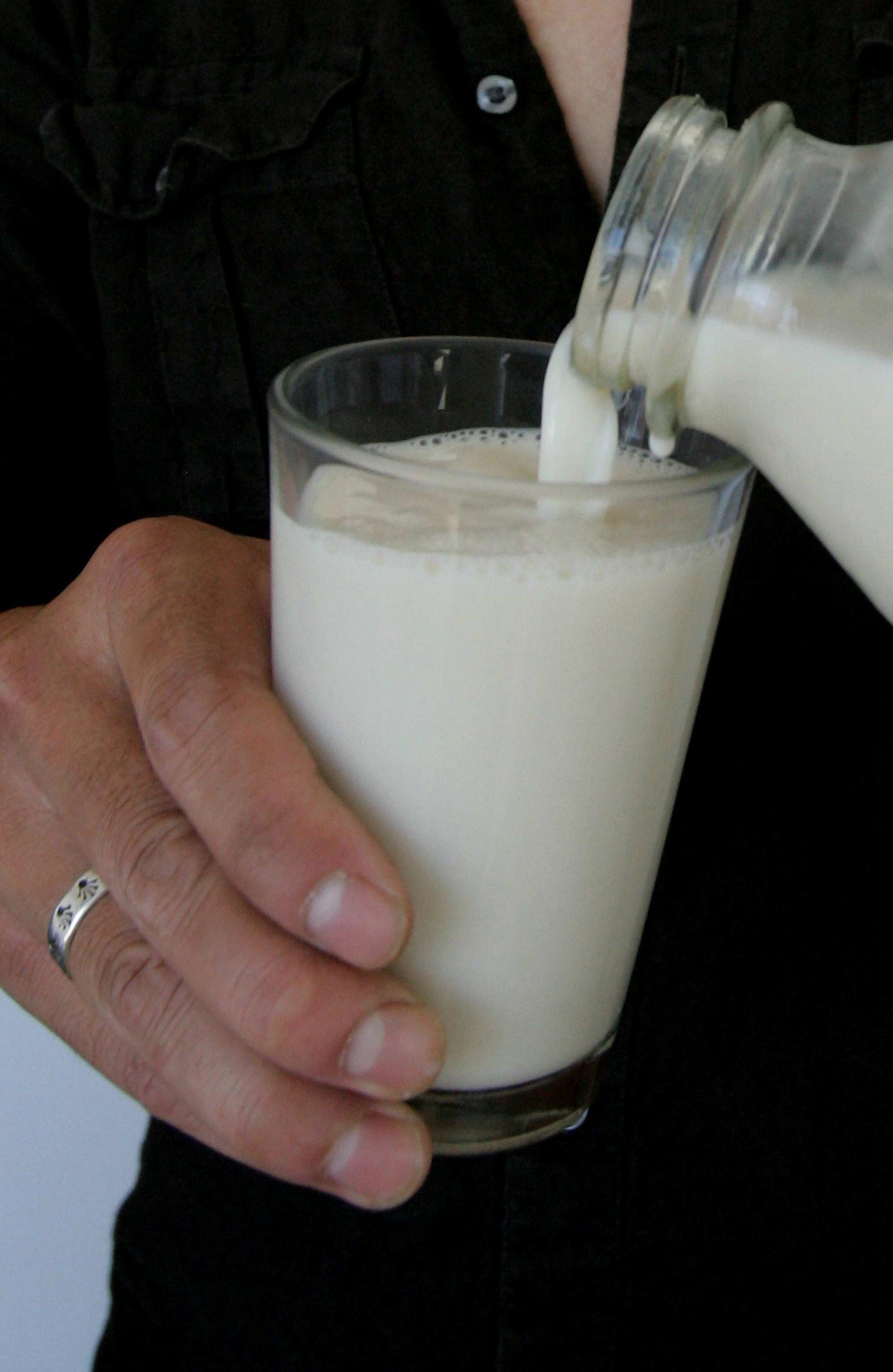Some may recall the good ‘ole days, when life was easy and adding milk to your cereal or coffee was just a mindless act. There was only one type available to you — cow’s milk.
But now, my friends, consumer choices are not as simple as they used to be. Today, as many people are becoming more health conscious and diet-freaks, they are demanding less fatty and lower caloric milk.
Notice in the dairy section that there is an overwhelming amount of milk varieties offered. In addition to grocery and convenient stores adding “healthier” milk choices, Starbucks and Dunkin’ Donuts are too. As Starbucks offers consumers the new option of adding coconut milk to their coffee, and DD has almond milk, coffee-lovers are dealing with more complicated decisions. C’mon, coconut and almond milk now? Too many choices and so little time when dealing with your morning cup of joe.
With all of these seemingly healthier milk options are you really benefitting health-wise? Have you ever wondered if skim milk is putting your health and waistline at risk? Is skim really better than whole milk?
If so, your eyes have come to the right spot because I, supported by research, will answer this question. When choosing your milk for any beverage or meal, you may find yourself debating whether you want whole, reduced-fat (2 percent), low-fat (1 percent) or nonfat (skim) milk. Naturally, if you want to steer away from the additional pounds and avoid heart disease, you will choose skim milk.
What, exactly, are the differences in calories and fat found in common milk choices? Yes, as you probably know whole milk does contain more fat and calories than the other milk options.
A cup of whole milk has around 146 calories and almost 8 grams of fat whereas reduced-fat (2 percent) has 122 calories and about 5 grams of fat. Low-fat (1 percent) has 103 calories and about 2.5 grams of fat, and nonfat (skim) milk has 83 calories and essentially no fat at all.
Clearly, whole milk, versus skim milk, seems like it would be the least healthy option to consume — but is this the truth? Or is this just what society has instilled into our minds?
Losing weight takes a lot of commitment, time and knowledge. You must understand that restricting calories does not bring about good results.
In 2003, the Cochrane Collaboration, an unbiased source for reviewing research, concluded that both calorie- and fat-restricted diets are not beneficial in obtaining long-term weight loss.
In fact, fats actually control and reduce your appetite as they generate cholecystokinin to be released, a hormone which causes fullness.
Additionally, fats allow the release of sugar into the bloodstream which decreases the amount stored as fat.
So, in other words, the more fat in your milk, the less fat around your belly. It is important to note that low-fat and skim milk will not make you lose weight or obtain a slender fit, but rather do the exact opposite.







